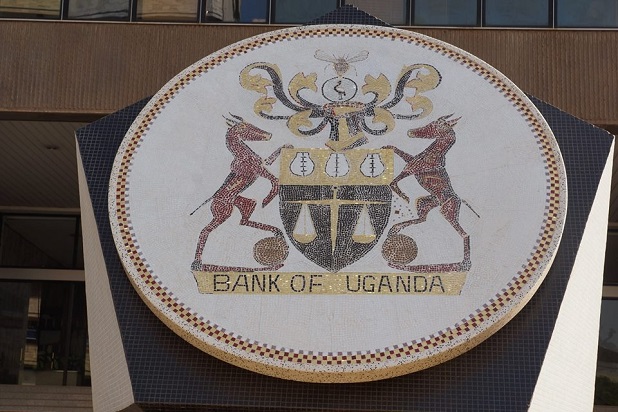The Bank of Uganda has reduced is base interest rate for the first time since April this year, from 10.25 to 10 percent as inflation seems tamed.
BoU’s policy targets an inflation rate of not more than 5 percent in the medium term, and in the twelve months to July 2024, domestic inflation continued to moderate, with annual headline and core inflation averaging 3.2 and 3.0 percent .
This ease in the inflation rate is attributed to the fading impacts of global shocks like the war in Ukraine and COVID-19, the tightening of monetary policy early this year and the exchange rate that has stabilised with a bias towards appreciation since March 2024.
Dr. Michael Atingi-Ego, the Deputy Governor BoU says the strength of the shilling particularly has this been above what they had expected. He says this is due to the recent CBR increases and inflows from coffee exports owing to favourable international coffee prices, and this contributed to the decision to reduce the Central Bank Rate (CBR).
The reduction in the CBR is also aimed at encouraging commercial banks, which partly get money from the Central Bank for lending to the public, to reduce their interest rates.
This should in turn boost borrowing by the public so as to propel economic activity.BoU expects inflation to be below the 5 percent target in the year 2024/25, broadly reflecting stable demand conditions, lower imported inflation and exchange rate stability.
“The inflation projection has been revised slightly downwards relative to the June 2024 forecast round, largely due to a lesser depreciated shilling exchange rate. However, we expect inflation to continue rising moderately in the next four months due to seasonal factors but stabilise around the target of 5 percent by the first quarter of 2025.”
The bank, however, warns of persistent uncertainties around the inflation projection, including the effects of a possible escalation of the ongoing geopolitical tensions in the Middle East, potential energy price hikes, ufavourable weather patterns affecting food production, and a stronger-than-expected path for domestic demand.
However, expected good weather, investment in the oil and gas and energy sectors as well as government spending should mitigate inflationary pressures, according to Dr. Atingi-Ego.
Given the balance of risks, the MPC noted that a cautious easing of monetary policy is warranted in support of the objectives of containing inflation around the 5 percent policy target and economic growth to levels consistent with socio-economic transformation.
Going forward, BoU says, it will adjust its policy stance informed by incoming economic data, with a view to maintaining a low and stable inflation environment, which is necessary for sustainable economic growth.
-URN





